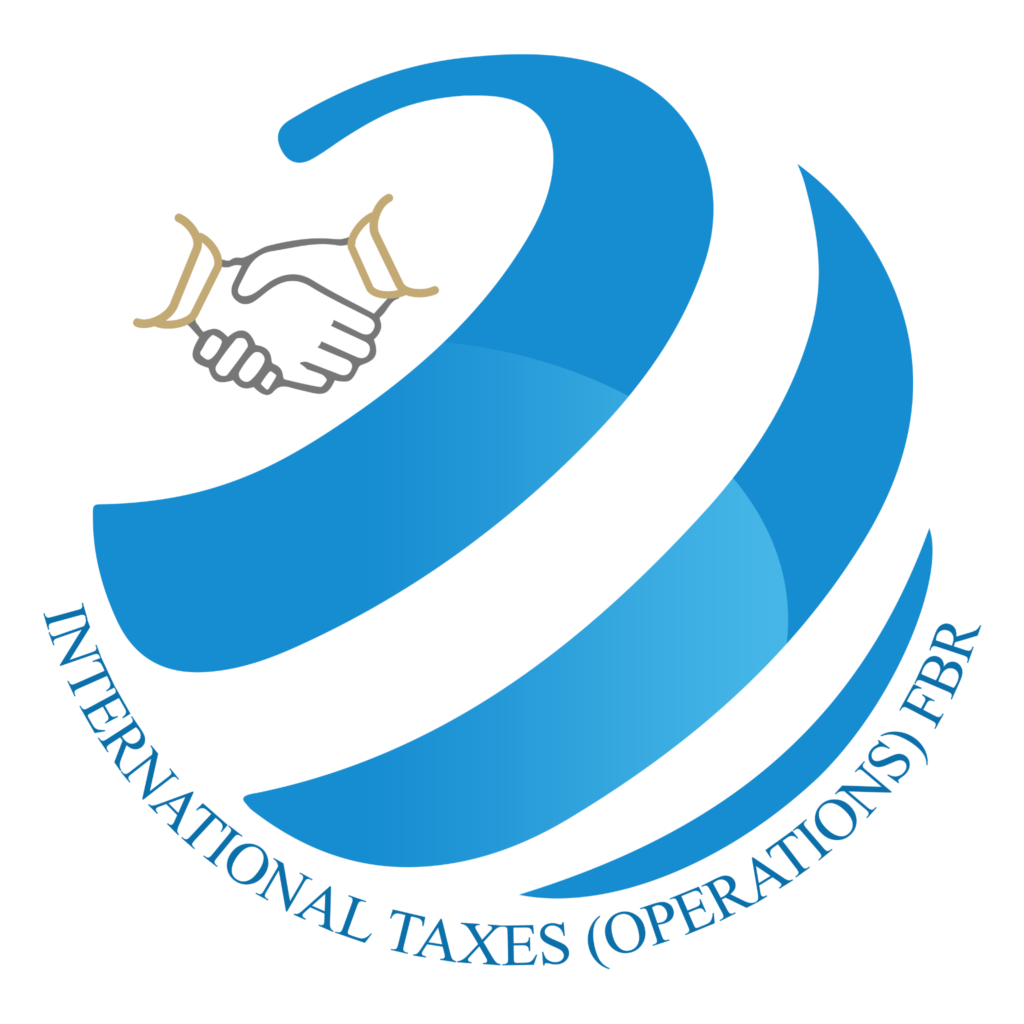As you approach your retirement years, it is crucial to have a clear understanding of how federal taxes can impact your retirement income. Federal taxes on retirement income encompass various aspects, such as Social Security benefits, pensions, annuities, and investment earnings. By comprehending the tax implications of these sources of income, you can effectively plan for your financial future. In this comprehensive guide, we will demystify the complexities of federal taxes on retirement income and provide you with essential insights to navigate the system.
Table of Contents
- Federal Taxes on Retirement Income: The Basics
- Navigating the Taxation of Social Security Benefits
- Pension and Annuity Taxation: What You Need to Know
- Unveiling the Taxation of Investment Earnings in Retirement
- Strategies to Minimize Federal Taxes on Retirement Income
- Seeking Professional Guidance: The Importance of Tax Advisors
- Staying Informed: Keeping Up with Tax Law Changes
- The Holistic Approach: Integrating Tax Planning with Retirement Planning
- Conclusion
Federal Taxes on Retirement Income: The Basics

To start, let’s delve into the basics of federal taxes on retirement income. The Internal Revenue Service (IRS) determines the taxability of retirement income based on various factors, including the type of income and your total income level. Social Security benefits may be subject to federal taxes if your combined income exceeds a certain threshold. Similarly, pensions and annuities can be partially taxable, depending on the contributions made and the tax treatment during the accumulation phase. Investment earnings, such as dividends and capital gains, may also be subject to federal taxes. Understanding these fundamental concepts is vital to managing your retirement income tax efficiently.
Navigating the Taxation of Social Security Benefits
Social Security benefits are a primary source of retirement income for many individuals. However, it’s crucial to be aware that these benefits may be subject to federal taxes under certain circumstances. The IRS utilizes a formula called “provisional income” to determine the taxable portion of your Social Security benefits. Provisional income includes your adjusted gross income, tax-exempt interest, and one-half of your Social Security benefits. If your provisional income exceeds a specific threshold, a portion of your Social Security benefits becomes taxable. Understanding how this calculation works can help you plan your retirement income in a tax-efficient manner.intricacies of federal taxes on retirement income can help you navigate the taxation of Social Security benefits effectively.
Pension and Annuity Taxation: What You Need to Know

Pensions and annuities are another significant source of retirement income, and their tax treatment can vary depending on multiple factors. If you made after-tax contributions to your pension or annuity, a portion of the income you receive will be tax-free. On the other hand, if your contributions were made with pre-tax dollars, the entire distribution is generally taxable. It’s essential to understand the tax rules governing these income sources and evaluate any potential tax implications when planning your retirement. By doing so, you can make informed decisions about your pension and annuity withdrawals to optimize your tax situation.
Unveiling the Taxation of Investment Earnings in Retirement
Investments can play a crucial role in building your retirement nest egg, but it’s important to recognize that the income generated from investments may be subject to federal taxes. Dividends received from stocks, mutual funds, or other investment vehicles are generally taxable. The tax rate depends on various factors, such as your filing status and income level. Similarly, capital gains realized from the sale of investments can trigger federal taxes.
However, the tax rate on long-term capital gains is typically lower than that of ordinary income. It’s advisable to consult with a tax professional or financial advisor to understand the specific tax implications of your investment earnings during retirement.Being aware of the federal taxes on retirement income is essential to unveil the taxation of investment earnings during retirement.
Strategies to Minimize Federal Taxes on Retirement Income
While federal taxes on retirement income are inevitable to some extent, there are strategies you can employ to minimize your tax liability. One approach is to consider a Roth IRA conversion, which involves converting funds from a traditional IRA to a Roth IRA. Roth IRA withdrawals in retirement are generally tax-free, providing an opportunity to reduce your future tax burden.
Additionally, managing your income sources and timing withdrawals strategically can help you stay within lower tax brackets. Diversifying your investments to include tax-efficient options, such as municipal bonds, can also be beneficial. Exploring these strategies and discussing them with a financial advisor can help you optimize your retirement income and minimize federal taxes.
Seeking Professional Guidance: The Importance of Tax Advisors

Given the complexity of federal taxes on retirement income, seeking professional guidance from tax advisors is highly recommended. A qualified tax advisor can provide valuable insights into the tax implications of your specific retirement income sources and help you develop a comprehensive tax strategy. They can assist with tax planning, identifying deductions and credits, and ensuring compliance with tax laws. By partnering with a knowledgeable tax advisor, you can navigate the intricacies of federal taxes on retirement income with confidence, potentially saving you money and avoiding unnecessary tax-related complications.
Staying Informed: Keeping Up with Tax Law Changes
Tax laws are subject to change, and staying informed about any updates is crucial to managing your retirement income effectively. Legislative changes can impact the taxability of certain income sources or introduce new provisions that affect retirees. It’s essential to keep abreast of tax law changes by consulting reliable sources, such as the IRS website or reputable financial publications.
Additionally, working with a tax advisor who specializes in retirement planning can ensure that you receive timely updates and guidance tailored to your specific situation. By staying informed, you can make proactive adjustments to your retirement income strategy and maintain compliance with the latest tax regulations.
The Holistic Approach: Integrating Tax Planning with Retirement Planning
Effective retirement planning involves more than just saving and investing. Integrating tax planning into your overall retirement strategy is essential to maximize your income and minimize your tax liability. By considering the tax implications of your retirement income sources early on, you can make informed decisions about contribution types, investment vehicles, and withdrawal strategies.
A holistic approach to retirement and tax planning allows you to align your financial goals with your tax objectives, optimizing both aspects for long-term financial security. Working with a financial advisor who understands the interplay between retirement planning and tax planning can provide you with comprehensive guidance tailored to your unique circumstances.
Conclusion
Federal taxes on retirement income can be intricate, but with a comprehensive understanding and careful planning, you can navigate this terrain with confidence. By grasping the tax implications of different income sources, such as Social Security benefits, pensions, annuities, and investment earnings, you can make informed decisions that align with your financial goals. Implementing tax-efficient strategies, seeking professional guidance, and staying updated on tax law changes are vital steps to optimize your retirement income and minimize your tax burden.
Remember, everyone’s situation is unique, so it’s essential to consult with a qualified tax advisor or financial professional to develop a personalized plan that suits your needs. With proper knowledge and proactive planning, you can demystify federal taxes on retirement income and embark on a financially secure retirement journey.
Learn about: Slash your Miami Dade property taxes and maximize your savings today – follow these expert tips




